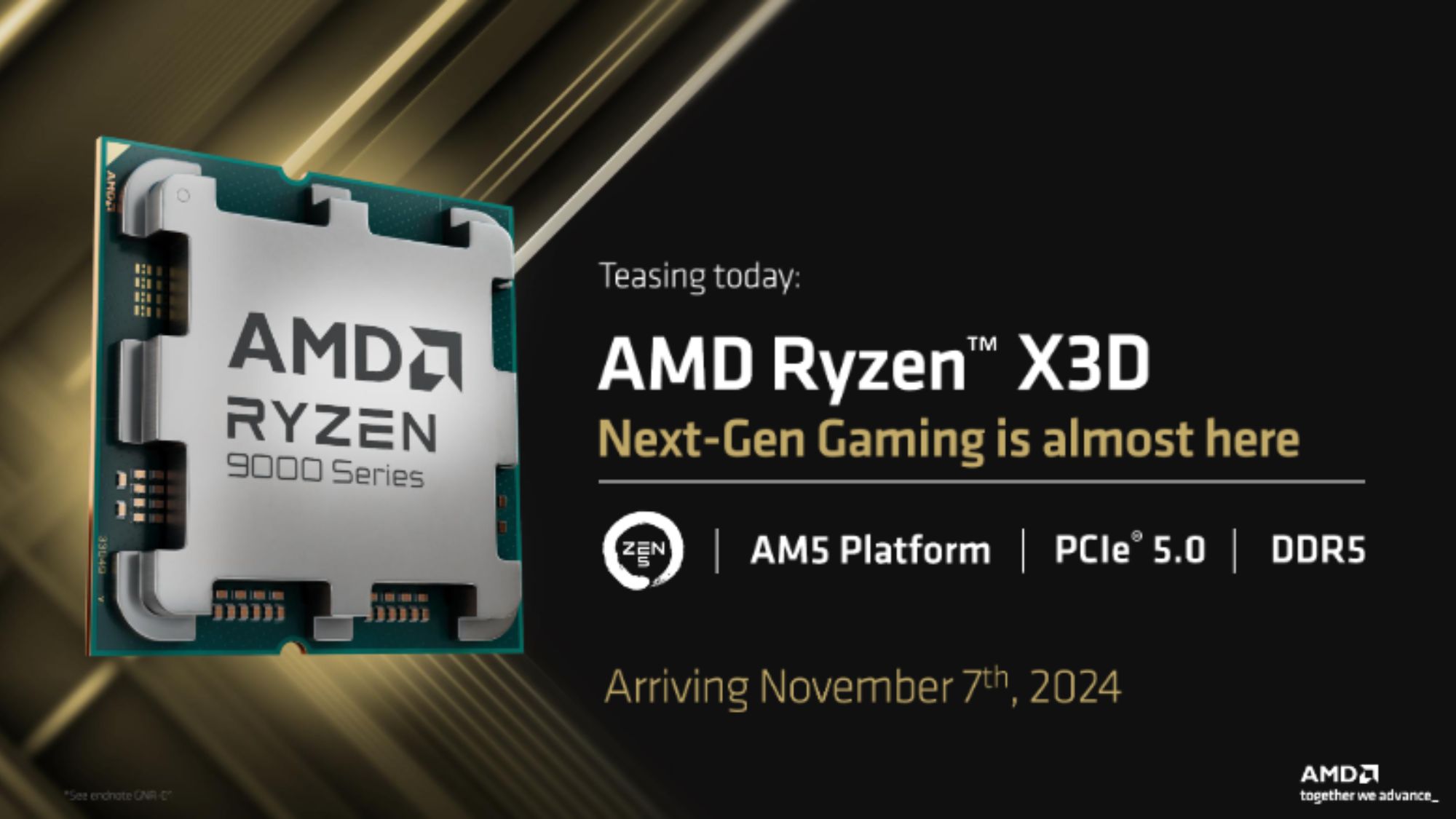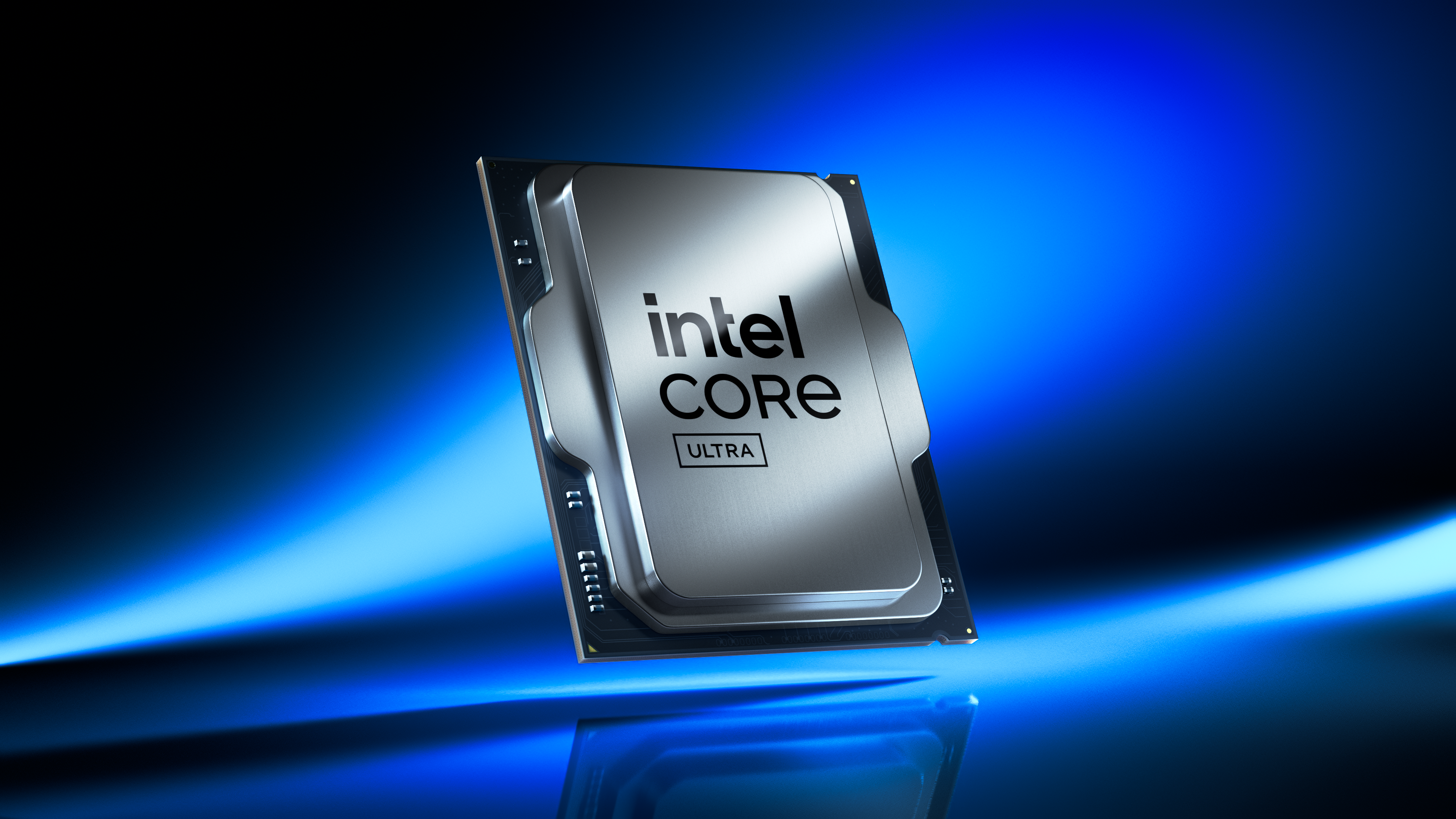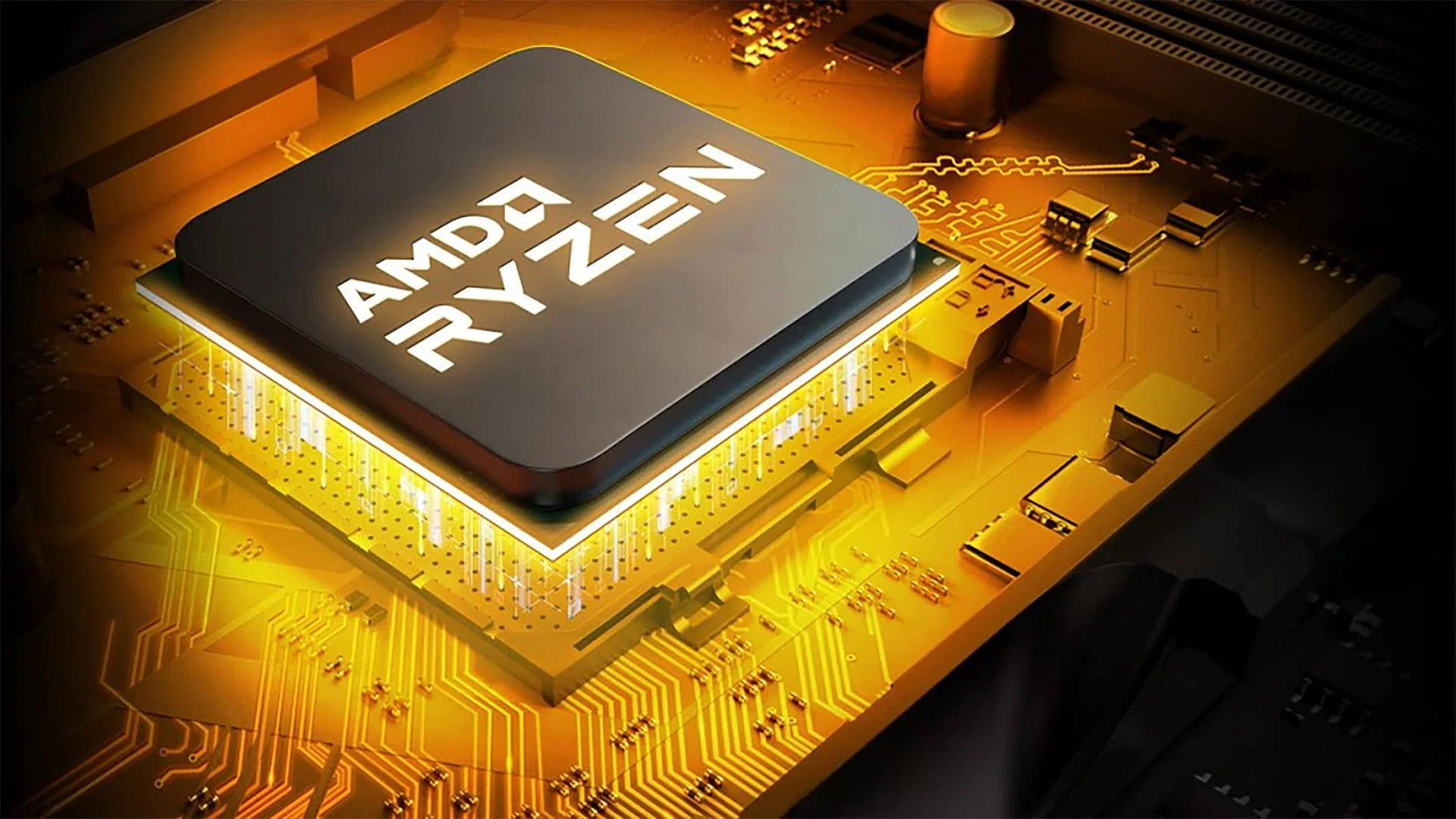AMD‘s latest gaming processor, the Ryzen 9000 “Granite Ridge” series has seen an unexpected boom in sales. In fact, there’s a shortage of the Ryzen 7 9800X3D chips in Europe right now.
While the Ryzen 9000 series has plenty of gaming power, one of the driving forces for the rush on “Granite Ridge” has nothing to do with AMD and everything to do with recent troubles over at Intel.
Since most folks aren’t deep in the processor trenches, we’ve put together this rundown primer on the state of gaming CPUs for you. So, let’s break it down.
A stellar launch for AMD’s Ryzen 9000 series

AMD’s Ryzen 9000 series is codenamed “Granite Ridge” and is built off the AMD Zen 5 architecture, like the Ryzen AI 300 series of “Strix Point” laptop chips.
Based on early information and leaks, the 9000X3D chipsets promised “next-gen” gaming performance with a 18-28% performance increase over the Ryzen 7000 series processors. Reviews of the Ryzen 9000 series called the processors “devestating” and “a gaming legend.” And based on the data we have, those claims are absolutely well founded.
Following those rave reviews, the Ryzen 7 9800X3D is flying off the shelves.
But behind AMD’s powerful new processor launch, lies Intel’s latest chip troubles.
Early Intel Core Ultra 200K and 200S disappointments and Raptor Lake scandal

Just a few weeks prior to AMD’s CPU launch we had the Intel Core Ultra 200K “Arrow Lake” chips hit the shelves. Based on Intel’s Core Ultra 100 “Meteor Lake” architecture, the chips focused more on gaming performance with a small NPU, but early reviews of the 200K series were underwhelmed. The Intel Core Ultra 200S “Arrow Lake” launch was similarly disappointed.
Intel’s promises of high gaming performance were unfounded as reviewers noticed the chips performed similarly to last year’s Intel Core 14th Gen “Raptor Lake Refresh” chips in gaming. While the Intel Core Ultra 200K and 200S chips saw boosts to general productivity and power efficiency, that wasn’t quite how Intel pitched the processors in the leadup to the lauch.
Intel has also been dealing with a CPU crash scandal involving the 13th Gen “Raptor Lake” and 14th Gen “Raptor Lake Refresh” chips. The issues with the “Raptor Lake” chipsets have led to a class action lawsuit against Intel.
So its no surprise AMD’s gaming CPUs are taking over the market share from Intel in the largest gaming shakeup we’ve seen in recent years.
Outlook

Intel still has more chipsets coming this year. The Intel Core Ultra 200H and 200HX “high performance” chipsets are expected to launch early next year for both desktop and mobile. AMD is still rolling out more iterations of the Ryzen 9000 series desktop processors and Ryzen AI 300 series mobile chips.
Intel is also expected to launch Core Ultra 200U series processors this generation as well, and the company is working on multiple different architectures for upcoming chips including “Nova Lake” and “Panther Lake” variants.
So its a bit early to say that Intel is dead in the water, but 2025 may the year to opt for an AMD-powered gaming laptop or PC. It’ll all depend on the Core Ultra 200H and 200HX launch.





